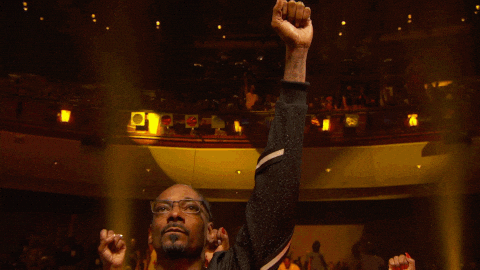i_a_m_i
Banned
-
- Joined
- Nov 8, 2017
- Posts
- 1,498
TL;DR: All kinds of discrimination are akin to racism and sexism. To remain consistent, either all kinds of discrimination should be advocated against, or none at all. Few people hold a consistent viewpoint, evidenced by, among other things, discrimination against incels on the basis of face, height, and non-neurotypicality.
People belong to all kind of groups. Why is it that only a handful- particularly, race and sex- are taboo of criticism, rank-ordering, and dislike? It's obviously not about "choice", not only because we have no choice in who we are or what we do (though most people would, wrongly imo, disagree with that), but also because there are many traits which are acknowledged by most to be not up to personal choice and which are still acceptable targets of discrimination. For example, intelligence and the propensity for violence are highly dependent on your genes, yet it is not taboo to dislike someone for being dumb or violent. Looks and height are also largely genetic and outside personal control, yet it's pretty much acceptable to mock someone for being short or ugly. The same is true of autists and other neuroatypicals.
Racial and sexual egalitarians, and people who claim "race and sex don't matter" are ironically more concerned with issues of race and sex than with other issues of discrimination, hinting at the fact that what really motivates them are the same instinctual drives which motivate racism and sexism.
For egalitarians to be consistent, then, they should spend as much time campaigning against lookism, heightism, etc., as against racism and sexism. Arguably more, because while people facing discrimination on the basis of race and sex have strong legal protections, short and ugly people do not.
In the end, at least in my opinion, egalitarianism makes no sense. People are different from one another. Some people are good at some things while other people are bad at them. If you have goals, and if you have a sense of morality, the only rational consideration is "how can I best abide by my moral system and achieve my goals?" This, by necessity, involves discrimination against certain groups of people- groups to which people did not "choose" to belong. It is a regrettable part of reality.
People belong to all kind of groups. Why is it that only a handful- particularly, race and sex- are taboo of criticism, rank-ordering, and dislike? It's obviously not about "choice", not only because we have no choice in who we are or what we do (though most people would, wrongly imo, disagree with that), but also because there are many traits which are acknowledged by most to be not up to personal choice and which are still acceptable targets of discrimination. For example, intelligence and the propensity for violence are highly dependent on your genes, yet it is not taboo to dislike someone for being dumb or violent. Looks and height are also largely genetic and outside personal control, yet it's pretty much acceptable to mock someone for being short or ugly. The same is true of autists and other neuroatypicals.
Racial and sexual egalitarians, and people who claim "race and sex don't matter" are ironically more concerned with issues of race and sex than with other issues of discrimination, hinting at the fact that what really motivates them are the same instinctual drives which motivate racism and sexism.
For egalitarians to be consistent, then, they should spend as much time campaigning against lookism, heightism, etc., as against racism and sexism. Arguably more, because while people facing discrimination on the basis of race and sex have strong legal protections, short and ugly people do not.
In the end, at least in my opinion, egalitarianism makes no sense. People are different from one another. Some people are good at some things while other people are bad at them. If you have goals, and if you have a sense of morality, the only rational consideration is "how can I best abide by my moral system and achieve my goals?" This, by necessity, involves discrimination against certain groups of people- groups to which people did not "choose" to belong. It is a regrettable part of reality.






